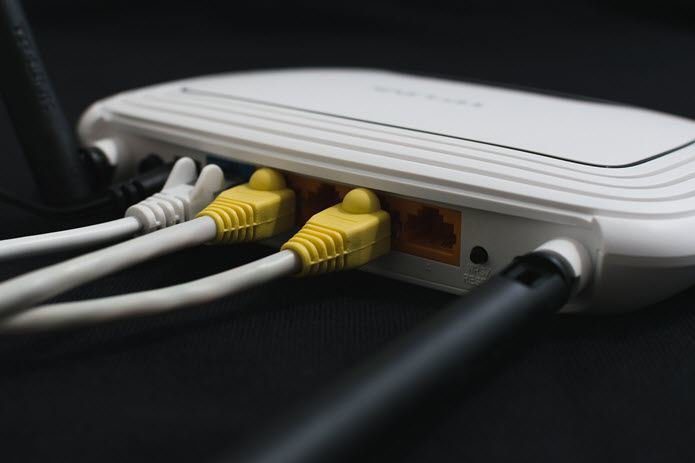Now, since we can not really control the pollution levels because most of these pollutants released in the air are due to vehicular emissions, construction sites and festivities like Diwali. We still can avoid being harmed by the particulate matter in our air by using air masks. Air masks come in several specifications and sport a different brand and price tag each. You might have seen people wearing surgical masks to counter pollution, but those aren’t really helpful as they’re meant to help contain the wearer’s bacteria and viruses from getting out, not the other way around. Any pollution mask should be able to protect its wearer from suspended particulate matter (10 or 2.5), sulphur dioxide and carbon dioxide. Here, we’re going to talk about the difference between an N95, N99 and P95 air masks and which one suits your needs the best.
N95 Air Masks
Masks that come with an N95 rating can filter up to 95% of the particulate matter 2.5 from the air you breathe. PM 2.5 tends to stay the longest in the air and can lead to plaque deposit in your nose, throat, lungs or even the arteries and can lead to a heart attack. Your best buy in an N95 air mask should have a valve or two — which are dedicated for the exhaled air. The valves will help in ensuring that there is no moisture near the nose bridge or your eyes. Numerous options are available online, but for N95 masks we recommend Honeywell and 3M branded masks, starting around Rs. 120 per piece. Check Honeywell Masks Check 3M Masks
N99 Air Masks
N99 air masks can filter up to 99% of the particulate matter 2.5 from the air. Just like the N95, they don’t work well against oil-based pollutants, but are better than the former because of the higher filter rate of particulate matter. For the N99 variant, we recommend buying Vogmask, Cambridge or SmartAir pollution masks which start at around Rs. 175 per piece. Packs of 5, 10 and 20s are also available in few of the brands, and you might want to opt for that because these masks are only meant to serve their purpose for a limited amount of time — approximately 40 hours of wear time. Buy Atlanta Healthcare Cambridge N99 Mask
P95 Air Masks
The major difference between P-rated and N-rated air masks is their ability to filter out oil-based pollutants, which the former can while the latter can not. In addition to clearing out oil-based pollutants, these air masks can filter out 95% of the particulate matter from the air. P95 air masks are sold by 3M, which are available for Rs. 10,900 for a pack of 10.
What’s the Difference Between a CV Marked Masks and Others?
CV marked masks are better at filtering out specific pollutants as explained below:
The ‘C’ in CV stands for activated carbon filter. In addition to combating foul smell, this filter helps in fighting pollutants like Ozone and Sulphur Dioxide.The ‘V’ signifies that the said mask has a built-in valve for the air we exhale, which prevents fogging or moisture retention inside the mask.
A mask is only as efficient as the fitting on your face — gaps between the mask and your skin will allow for pollutants to enter your nasal passage and cause health issues. When buying a mask, you should be careful of the size and also should read the instruction manual that comes alongwith the mask carefully. You’ve to keep in mind to invest in a mask that gives you quality for your money. Cheaper options might seem easier to procure but keep in mind that investing in an air mask is investing in your health and well-being. People who are active fitness enthusiasts, such as runners or cyclists, should go for masks that have a few valves to avoid moisture build-up within the mask which will, in turn, clog the masks and give you trouble inhaling. If you’re living in a place like New Delhi, Mumbai or Bangalore, we recommend you go for either an N99 mask with CV or P95 mask. The above article may contain affiliate links which help support Guiding Tech. However, it does not affect our editorial integrity. The content remains unbiased and authentic.









![]()
